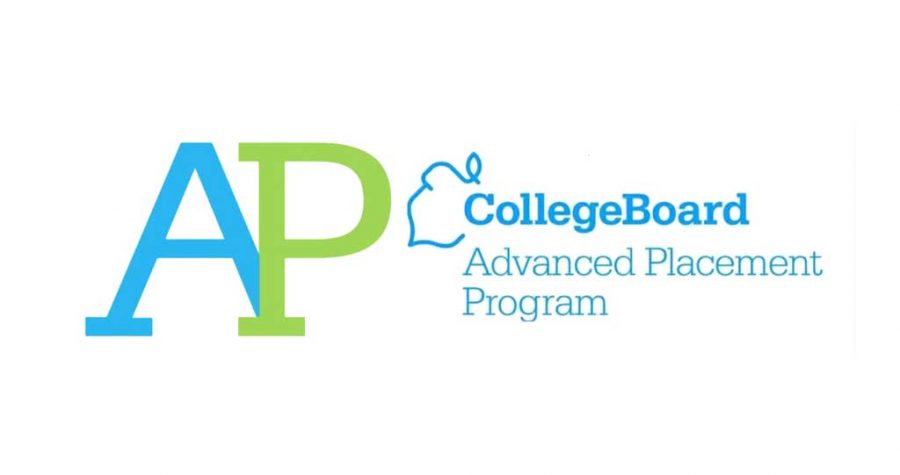AP Classes: To Take or Not To Take?
September 27, 2020
AP classes — to take or not to take? Although it may seem trivial now, it is likely a thought that will penetrate the mind of all college-hopefuls at some point or another. While it is a question one must answer for themselves based upon a multitude of factors, this article will hopefully prompt the process of consideration.
AP courses, also distinguishable by their alternate title of “advanced placement”, are notoriously known for being perhaps the most rigorous classes available for high school students. A collection of 38 distinct courses administered by the College Board, they are intended to replicate those found within a university, ranging in titles from AP Psychology to Computer Science Principles. 26 of those 38 are currently offered to students at Warren Township High School.
Aside from their difficulty, the greatest difference between honors classes and those regulated by the College Board is generally considered to be the AP exam students take in May for every specific course studied. Scored out of a scale of 1-5 and testing knowledge of all topics learnt throughout the school year, one must first consider the test’s one-hundred-dollar price tag before deciding whether advanced placement is advantageous. While a single class may not pose much of a threat to one’s wallet, a costly issue arises once taking 4, or possibly even 5 exams within a period of 1-2 weeks. Additional charges, including late and international fees, may need to be taken under consideration. Although fee waivers and payment plans are available for those who qualify, AP classes remain quite the investment for your average middle-class household.
When asked about the benefits of AP courses, there are two arguments most commonly heard: the classes make students appear more competitive to universities and allow them to gain credit college credit, therefore saving money long-term. Although truthful at first glance, both statements hold only limited validity when certain factors are taken into account. While managing to pass 10+ AP classes during high school is certainly no easy feat, when applying for top colleges, most, if not all applicants will have taken that many, if not more. As far as saving money goes, one must receive a score of at least a 3 on the AP exam to potentially qualify for college credit. Many colleges, especially those more selective, add insult to injury by increasing that minimum score to a 4, or even 5. With that being said, it is important to choose one’s APs carefully — those such as AP Art History or AP Music Theory may prove to be unhelpful if they are not courses which one will end up taking once in university.
AP classes — to take or not to take? Is the time, devotion, and struggle worth the gamble to appear selective to universities and save money that would otherwise be spent attending introductory college lectures? Although the answer may not be immediately obvious to the immature freshman nor the stressed junior, one thing remains true: regardless of the reason for taking them or one’s performance on the final AP test, advanced placement classes are a wonderful opportunity for the driven student to challenge themselves with a college-level workload while still being in high school.
Sources:









